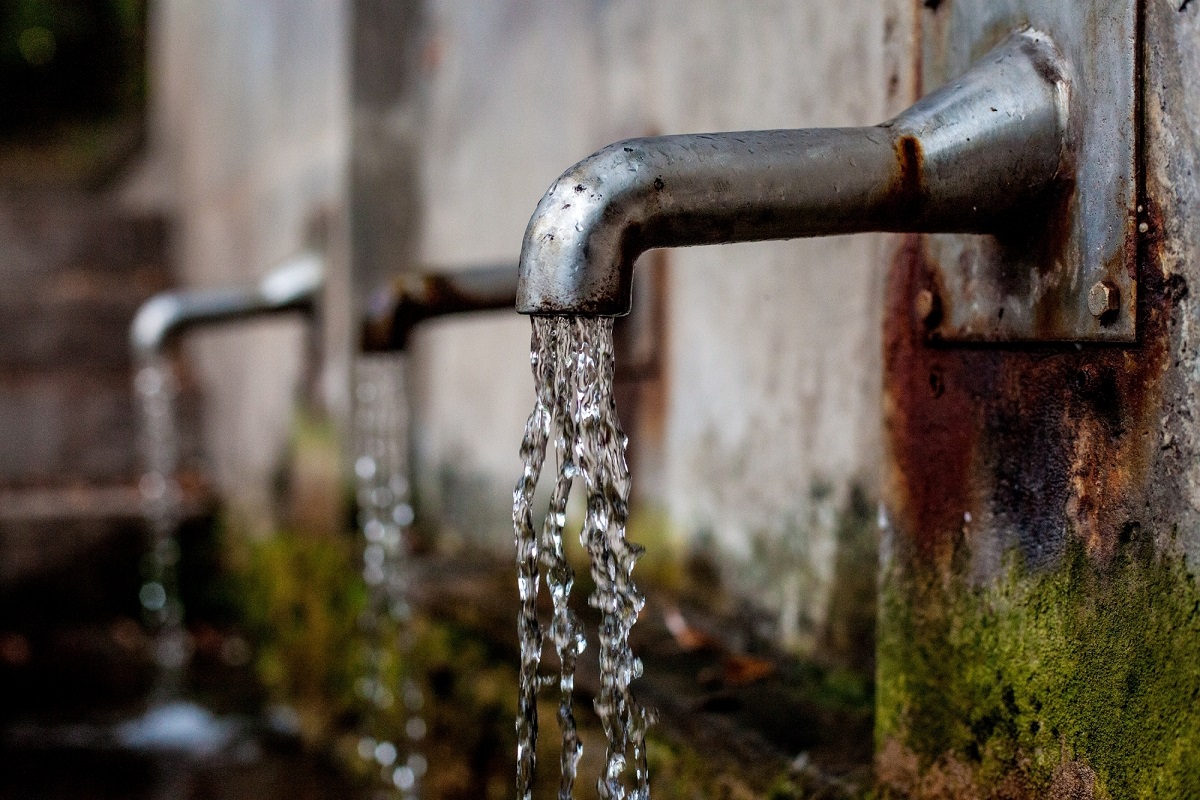Clean drinking water reaches over 1.5 crore rural households in UP on I-Day
In terms of tap connections, Uttar Pradesh, with its larger population, holds the second position among the states.

(Source: IANS)
The Jal Jeevan Mission (JJM) on Tuesday achieved another milestone of providing tap water connections to 13 crore rural households.
Working with ‘speed and scale’, the life changing mission has increased the rural tap connection coverage from only 3.23 crore households at the start of the mission in August 2019 to 13 crore in just four years, an official press note today said.
The JJM was announced by Prime Minister Narendra Modi from the ramparts of the Red Fort on 15 August 2019 as the country celebrated its 73rd Independence Day. As on date, six states namely Goa, Telangana, Haryana, Gujarat, Punjab and Himachal Pradesh) and three UTs – Puducherry, D&D and D&NH and A&N Islands, have reported 100 per cent coverage.
Advertisement
Bihar at 96.39 per cent, followed by Mizoram at 92.12 per cent, are also poised to achieve saturation in the near future. Goa, Haryana, Punjab, A&N Islands, Puducherry, D&NH and D&D are ‘Har Ghar Jal certified States/ UTs. This effectively means that in these states/UTs, the villagers have confirmed through Gram Sabhas that ‘all households and public institutions’ in the village are getting adequate, safe and regular supply of water. As many as 145 districts and 1,86,818 villages in the country have reported 100 per cent coverage.
The mission implements the programme in partnership with states/UTs and it is the combined efforts of all including development partners that transformational change is seen on ground. Every second, one tap water connection is getting installed thereby changing the rural landscape of the country. Since 1 January 2023, on an average 87,500 tap connections are provided every day. Uttar Pradesh has topped the progress chart in the current FY by installing 61.05 lakh Functional Household Tap Connection (FHTC) since January 2023.
The relentless efforts of the Union and state governments have also resulted in ensuring the provision of tap water supply in 9.15 lakh (88.73 per cent) schools and 9.52 lakh (84.69 per cent) anganwadi centres in the country. In the 112 aspirational districts of the country, at the time of the launch of the mission, only 21.41 lakh (7.86 per cent) households had access to tap water which has now increased to 1.81 crore (66.48 per cent).
Work under ‘Har Ghar Jal’ is resulting in significant socio-economic benefits for the rural population. Regular tap water supply relieves people, especially women and young girls, from centuries old drudgery of carrying heavy bucket loads of water to meet their daily household needs. The time saved can be used for income generation activities, learning new skills and supporting children’s education.
In order to achieve long-term sustainability of the schemes, community participation from the very beginning has been at the heart of planning, implementation, operations and maintenance (O&M) of rural piped water supply schemes. More than 5.27 lakh Village Water & Sanitation Committees (VWSC)/ Pani Samitis have been constituted in the country and 5.12 lakh Village Action Plans (VAPs) have been prepared including the plans for drinking water source augmentation, greywater treatment and its reuse, and regular O&M of in-village water supply systems.
The JJM believes in not just providing water but ensuring that quality water is supplied every time. In this regard regular testing of water samples from source and delivery points are collected and checked.
Advertisement